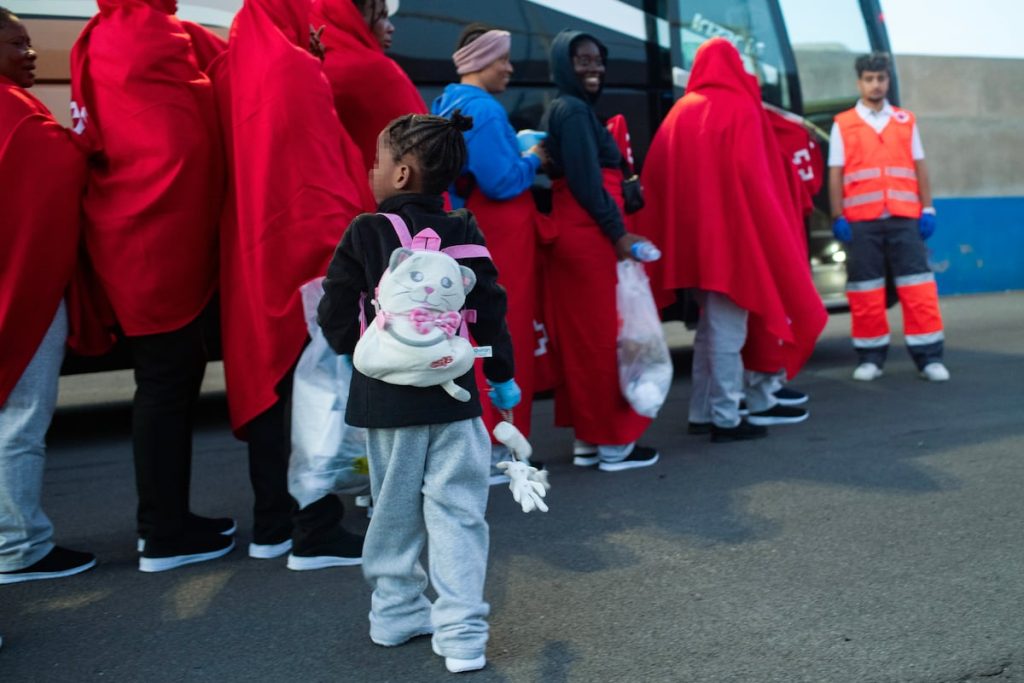The Superior Court of Justice of the Canary Islands (TSJC) has temporarily suspended the instruction given by the Canarian government to NGOs managing reception centers in the islands, preventing them from receiving more migrant minors without prior authorization. This decision was made following a complaint from the Spanish Network for Immigration and Refugee Assistance, as announced by the TSJC. The court states that it accepts the provisional measure to protect the unaccompanied minors already being cared for by these centers. The Canarian government has not yet commented on the suspension. The TSJC granted the measure due to the special urgency claimed by the NGO, as the government’s decision meant that new migrant minors arriving in the Canary Islands would not be automatically received in these centers.
This judicial decision comes shortly after the same court, at the request of the Prosecutor’s Office, suspended the protocol for the care of migrant minors approved by the Canarian government, which imposed longer procedures for the reception of children and adolescents arriving by boat. The Canarian government has already appealed this decision. The intention of the Canarian government was for the minors to be under the custody of the state authorities responsible for their rescue at sea and subsequent identification, which led the judges to accept the suspension. The court’s decision does not represent a definitive closure of the procedure, as it responds to the urgent request for provisional suspension without allowing the other party to present arguments due to extreme urgency. The TSJC has chosen to maintain the current state of affairs instead of implementing a significant innovation in the current process.
The Secretary General of the Spanish Network for Immigration and Refugee Assistance, Rafael Escudero, has stated that the Supreme Court of Justice of the Canary Islands has accepted their claim to protect minors. He urges the Canarian government to engage with a calm and constructive spirit, rather than using the rule of law against the most vulnerable. Escudero calls for a return to normality in assistance, emphasizing that the situation has been disrupted by partisan disputes over an issue that should always foster unity. Currently, the Canary Islands supervise around 5,400 migrant minors without legal guardians, leading to political tensions and a hardening of the migration discourse.
An ongoing political conflict has escalated, with the original agreement between the government and Coalición Canaria to reform the immigration law and enforce the distribution of children collapsing in July. The Canarian government then made moves in early September, aggravating tensions with the PSOE and proposing measures to assert that migrant children without guardians arriving on their shores are under police custody and therefore the responsibility of the state. This led to the suspension of a regulation that prohibited entities aiding migrants from receiving new arrivals without government permission. Subsequently, a new reception protocol was announced, which sought to update the existing one from 2014 and imposed conditions and availability of places for the care of unaccompanied migrant minors. The Public Prosecutor opposed this protocol, leading to its suspension by the TSJC.


